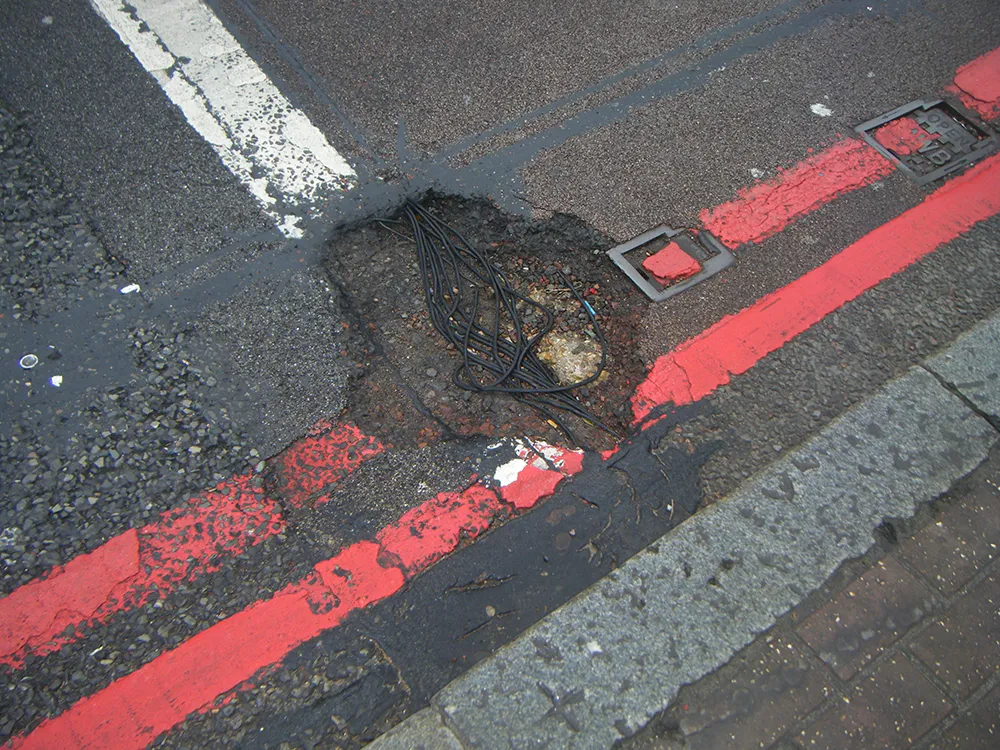Police in the north German city of Bremen had to deal with an unusual traffic hold-up caused by an escaped goat. The animal was first spotted blocking a busy road by standing at a crossing and police gave chase. The errant animal was pursued across the city with drivers calling in reports on its latest location. Eventually the animal was trapped and held at a local jail, where it was fed on bread and water. Attempts to trace the owner proved difficult due to the animal's lack of distinguishing features othe
February 21, 2012
Read time: 1 min

Police in the north German city of Bremen had to deal with an unusual traffic hold-up caused by an escaped goat. The animal was first spotted blocking a busy road by standing at a crossing and police gave chase. The errant animal was pursued across the city with drivers calling in reports on its latest location. Eventually the animal was trapped and held at a local jail, where it was fed on bread and water. Attempts to trace the owner proved difficult due to the animal's lack of distinguishing features other than a distinctive earmark and its bad smell.








